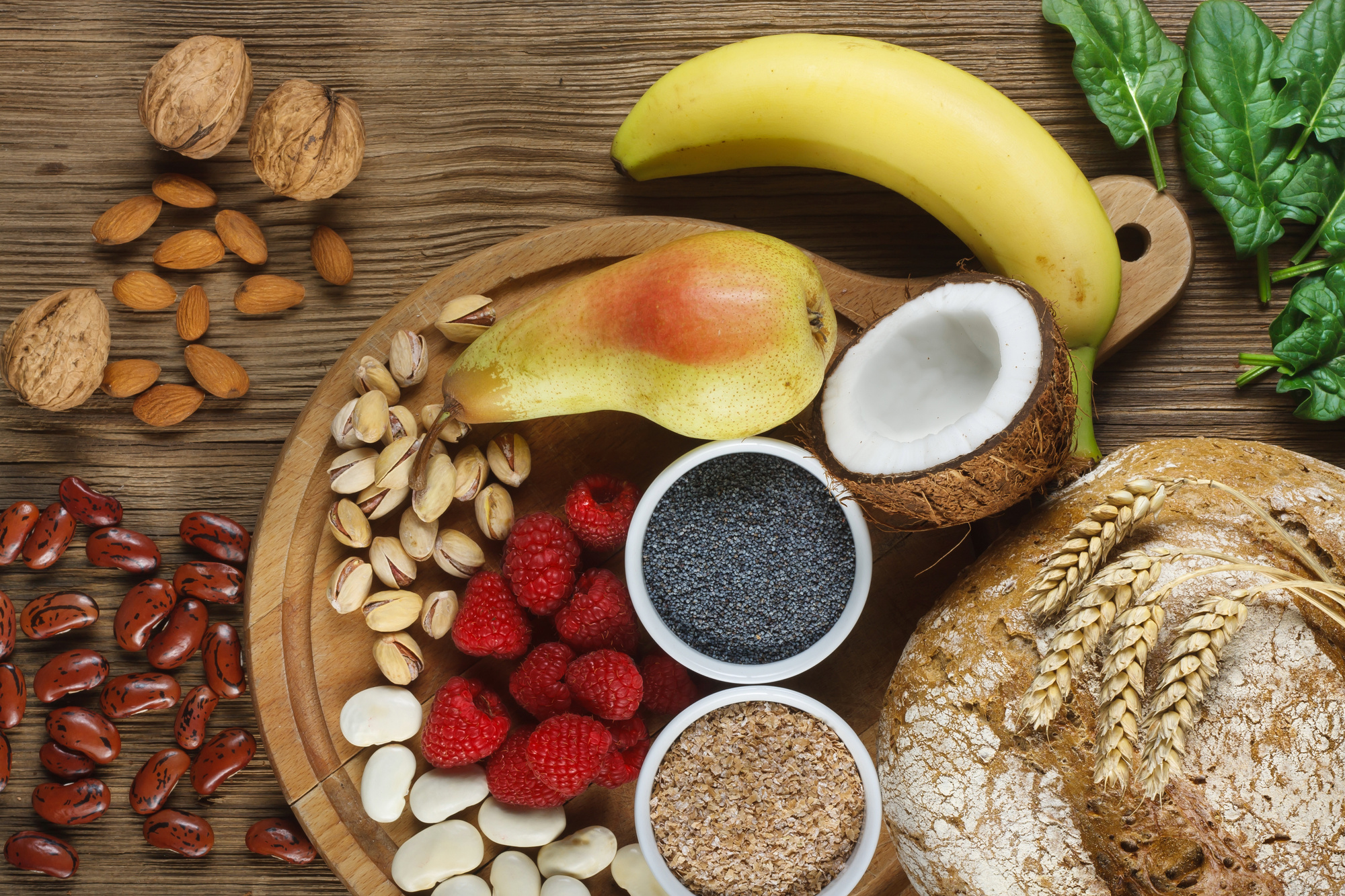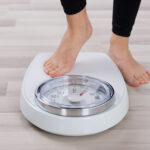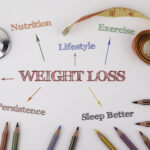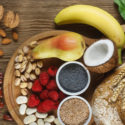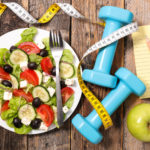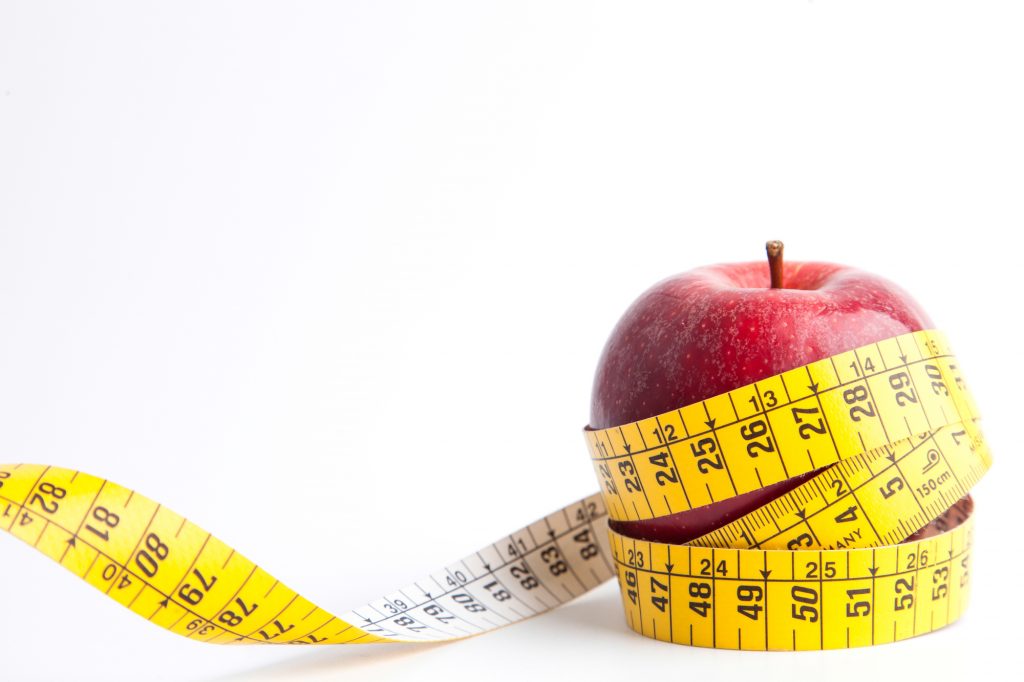
Are you interested in losing a few pounds? If so, you’re not alone. Fifty-three percent of Americans want to lose weight but many of them are unsure of how to get started.
One of the most important things to take into account, whether you’re trying to lose five pounds or fifty, is what you’re eating on a daily basis. If you’re totally lost when it comes to eating a balanced diet, don’t worry.
Listed below are some simple weight loss rules that will help you streamline your diet to see the results you’re looking for.
1. Do Some Math
One of the most important things to do when you want to lose weight is to figure out how many calories you should be eating each day. Even if you’re eating the healthiest foods in the world, if you’re eating too many of them, you’re not going to be able to lose weight.
In order to lose weight, you need to be eating in a caloric deficit. This means that you’re burning more calories than you’re consuming.
Talk to your doctor or a registered dietician to calculate the correct number of calories you should be eating to lose weight. You can also use an online calculator to help you figure this out but your best bet is always to work with a professional.
2. Don’t Skip Meals
For many people, skipping meals just causes them to overeat later on in the day. If you skip breakfast and then find yourself overeating in the evening, you might want to switch up the way you structure your meals.
Try to eat three or four balanced meals per day. This will help you have more consistent energy and you’ll be less likely to snack.
Snacking isn’t inherently bad, of course. But many of the snacks that people turn to are calorie dense and nutrient poor (chips, crackers, cookies, etc.). If you’re eating a sufficient amount of calories at your meals, you won’t need to rely on snacks for quick energy boosts.
3. Eat Lots of Fruit and Vegetables
Most fruits and vegetables are low in calories and high in fiber. This can help you feel fuller longer and reduce your need to snack. Some of the best fruits and vegetables for weight loss include:
- Apples
- Berries
- Mangos
- Dark leafy greens
- Artichokes
- Potatoes
- Cauliflower
- Carrots
Fruits and vegetables are also loaded with vitamins and minerals that are essential for optimal health. You can never go wrong by adding these into your diet!
4. Eat Plenty of Protein
Protein is an essential macronutrient and it’s especially important for people who are trying to lose weight. Protein is more satiating than other macronutrients (carbohydrates and fat). It also helps you maintain your muscle mass, which in turn, promotes a healthy metabolism.
A good rule of thumb is to consume about 0.4 grams of protein per pound of body weight. For a 180-pound individual, this would equal about 72 grams of protein. If you’re exercising a lot and trying to increase your muscle mass, you should eat more protein–about 0.8 grams per pound of body weight.
Good protein sources include:
- Meat
- Fish and seafood
- Whole eggs (don’t be afraid of the yolks!)
You can also get protein from legumes like beans and from nuts and seeds. However, these foods are much lower in protein than animal products.
5. Don’t Fear Fat
Contrary to popular belief, fat will not make you fat. Fat is another essential macronutrient and your body needs a decent amount of it to function properly.
Fat plays a major role in a lot of the body’s processes, including hormone production and proper cognitive function–your brain is actually 60 percent fat!
Of course, this is not permission to down a daily double bacon cheeseburger and a large fry. Make sure your fats are coming from healthy sources. These include:
- Extra-virgin olive oil
- Avocado oil
- Coconut oil
- Animal products like eggs and meat
- Nuts and seeds
It’s best to steer clear of refined vegetable oils (corn oil, canola oil, etc.) as these are high in trans fats and are heavily processed.
5. Eat Complex Carbohydrates
In the same way that many people fear fat, lots of others are concerned about their carbohydrate intake.
Carbohydrates get a bad rep and there are definitely certain types of carbs that are better than others. But at the end of the day, carbohydrates are an essential macronutrient just like fat and protein. Your body needs them to function properly.
Which types of carbs should you be consuming most often? Focus on eating carbs in whole food form.
Potatoes? They’re great. Rice and quinoa? They’re great, too.
The carbohydrates that you should try to avoid are simple, processed carbohydrates–the ones found in candy, cookies, and other forms of junk food. Not only are these foods devoid of nutritional value but they’re also often high in calories.
6. Drink Plenty of Water
Many people mistake thirst for hunger and end up overeating as a result. Make sure you’re drinking plenty of water to avoid dehydration and keep your hunger signals in check.
7. Read Food Labels
Don’t fall victim to marketing tactics that try to convince you that certain foods are healthy when they’re really not. It’s easy to get tricked by labels that proclaim a food is healthy because it’s low in fat or “all natural.”
Don’t just take the manufacturer’s word for it, though. Flip the package over and figure out for yourself if that food is actually worth consuming. Check the calorie count and pay attention to the macronutrient profile before you decide to eat it.
8. Don’t Keep Junk Food in the House
It’s hard to resist temptation when you have bags of chips and boxes of cookies taunting you from the pantry. Clear out all the junk food from your house so that you won’t give in when you’re feeling stressed or upset.
Remember, if you keep healthy food in the house, you’ll be more likely to actually make healthy decisions.
9. Decrease Alcohol Consumption
Alcoholic beverages are loaded with calories and have no nutritional value. Alcohol also lowers your inhibitions and can increase your likelihood of making poor food choices later on.
You don’t have to cut out wine or beer completely, just remember to take the calories into account before you indulge.
10. Plan Your Meals
Finally, make an effort to plan out and prepare your meals and snacks ahead of time. This helps take the guesswork out of deciding what to eat and will make it easier for you to stick to your calorie goals.
Want to Learn About More Weight Loss Rules?
These weight loss rules regarding food and diet will get you a long way on your weight loss journey. But, there’s still a lot more you can learn to help you get in the best shape of your life.
Check out our other weight loss tips and tricks today to see what you can do to expedite the process while still making lasting changes.


